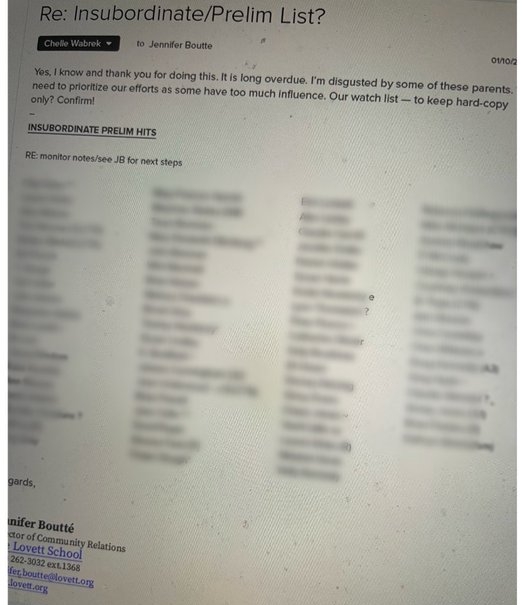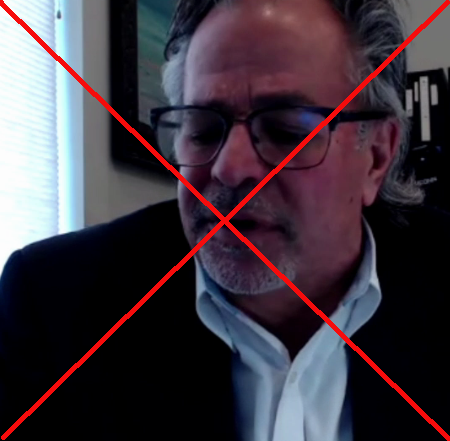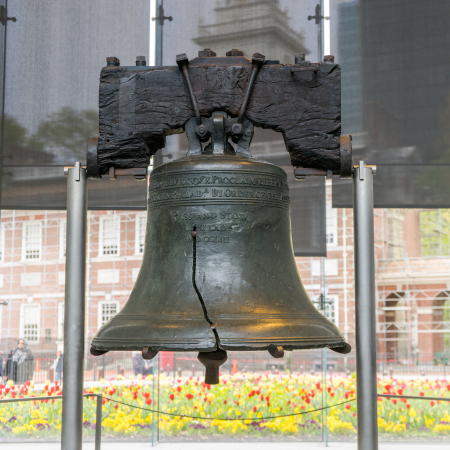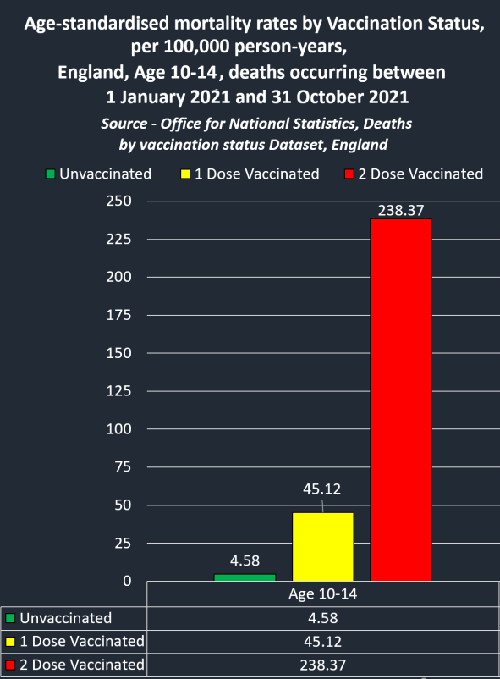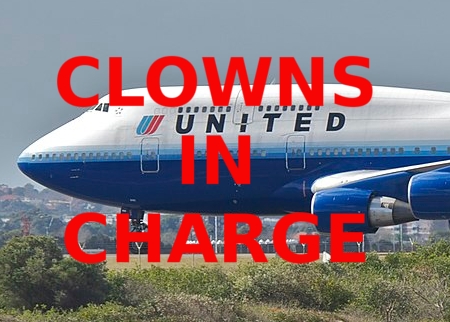Firefly savior Max Polyakov gives away his stock
Capitalism in space: Forced by the Biden administration to leave the smallsat rocket company Firefly Aerospace because he is not a U.S. citizen, the billionaire Max Polyakov — who brought the company back from bankruptcy — has now sold his 58% share to the company’s founder, Tom Markusic for one dollar.
His announcement of this decision did not speak well of the federal government:
I am giving up for 1 usd consideration all my 58% stake in Firefly to my co-founder and partner Tom. Dear CFIUS, Air Force and 23 agencies of USA who betrayed me and judge me in all your actions for past 15 months . I hope now you are happy . History will judge all of you guys. Max love Ukraine and yes I have Ukrainian passport and I am Founder of Firefly !!! Bye my “bird” and at the end of the days I proud what I done for my Land soul and heritage !!!
While it is generally not a good idea to have a non-U.S. citizen controlling a rocket company, Polyakov’s record here was outstandingly positive, for the U.S. Moreover, the Ukraine is a strong ally of the U.S., or used to be. To force him out for no reason seems irrational. A more rational approach would have been for the government to insist on monitoring his actions closely, so that only if he appeared to be acting against our interests would it act.
Polyakov’s decision to give Markusic the company further proves his good will. Too bad we have now lost him.
Capitalism in space: Forced by the Biden administration to leave the smallsat rocket company Firefly Aerospace because he is not a U.S. citizen, the billionaire Max Polyakov — who brought the company back from bankruptcy — has now sold his 58% share to the company’s founder, Tom Markusic for one dollar.
His announcement of this decision did not speak well of the federal government:
I am giving up for 1 usd consideration all my 58% stake in Firefly to my co-founder and partner Tom. Dear CFIUS, Air Force and 23 agencies of USA who betrayed me and judge me in all your actions for past 15 months . I hope now you are happy . History will judge all of you guys. Max love Ukraine and yes I have Ukrainian passport and I am Founder of Firefly !!! Bye my “bird” and at the end of the days I proud what I done for my Land soul and heritage !!!
While it is generally not a good idea to have a non-U.S. citizen controlling a rocket company, Polyakov’s record here was outstandingly positive, for the U.S. Moreover, the Ukraine is a strong ally of the U.S., or used to be. To force him out for no reason seems irrational. A more rational approach would have been for the government to insist on monitoring his actions closely, so that only if he appeared to be acting against our interests would it act.
Polyakov’s decision to give Markusic the company further proves his good will. Too bad we have now lost him.




